G20’s midlife crisis
The G20’s response to the economic crisis was effective, the expansion of its scope was logical. This week’s Summit in Argentina is an opportunity to build consensus and deliver on concrete economic policy design
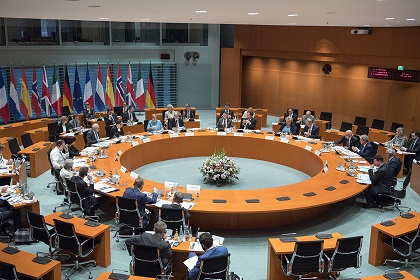 Courtesy: G20
Courtesy: G20
The G20’s response to the economic crisis was effective, the expansion of its scope was logical. This week’s Summit in Argentina is an opportunity to build consensus and deliver on concrete economic policy design
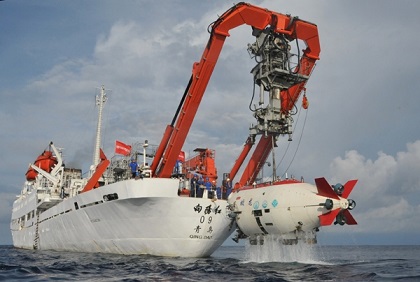 Courtesy: China Daily
Courtesy: China Daily
The People’s Liberation Army Navy (PLAN) has been steadily building its underwater infrastructure since the 1980s to undertake energy-efficient, long-range and dual-purpose reconnaissance and exploration missions. While the Indian Navy’s superiority is unquestionable, New Delhi should provide it the crucial futuristic paraphernalia
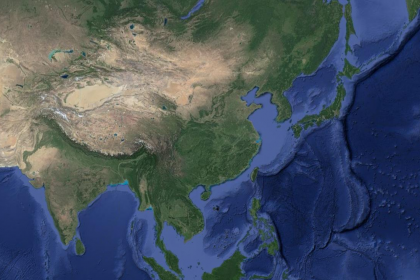 Courtesy: Google Maps
Courtesy: Google Maps
Hopes of a close partnership between the U.S. and India, as expressed at the Modi-Trump Summit, will have repercussions on East Asia. Will the region see peace or exacerbated conflict between China and all the nations opposed to its domination?
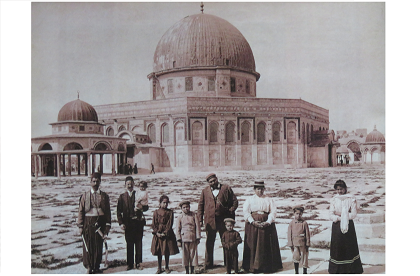 Courtesy: Dr. Sarah Israel
Courtesy: Dr. Sarah Israel
Prime Minister Narendra Modi’s visit to Israel (July 4-6) marks 25 years of India’s diplomatic relations with the State of Israel. Forging political and economic ties with it has not been smooth sailing, and it’s the Indian Jewish community that has kept a tenuous relationship going
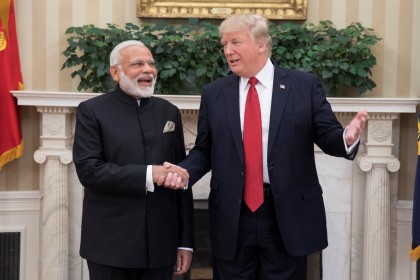 Courtesy: MEA India
Courtesy: MEA India
The India-U.S. strategic partnership endures even in the current state of flux, with the joint statement that President Trump and Prime Minister Narendra Modi issued holding the seeds of greater cooperation. The statement is sharper on Pakistan and China and softer on contentious bilateral issues
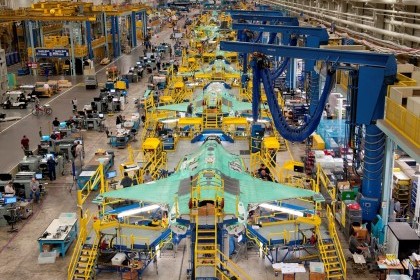 Courtesy: Lockheed Martin
Courtesy: Lockheed Martin
Has a turning point been achieved in the establishment of a strong defence industrial base for India? The new strategic partnership policy outlines the process for private sector participation in defence manufacturing
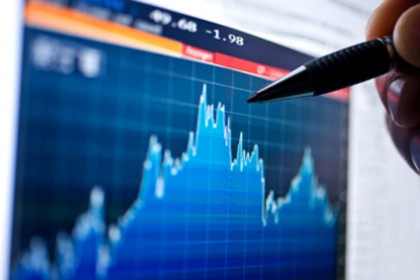 Courtesy: Sova News
Courtesy: Sova News
Provisional data on India’s GDP for the fourth quarter of 2016-17, released at the end of last month, suggests that the economy is not shining, a condition that has been in the making much prior to the government’s demonetisation exercise: it’s private capital formation that is absent. This must rouse the policy makers to action.
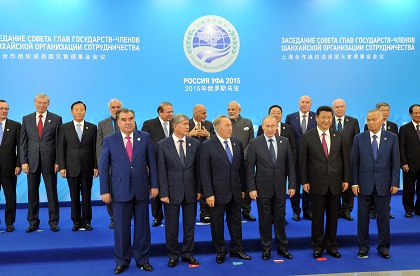 Courtesy: MEA/Flickr
Courtesy: MEA/Flickr
The 17th Summit of the Shanghai Cooperation Organisation is being held in Astana this week at which Prime Ministers Narendra Modi and Nawaz Sharif will be present. But no meeting is likely to take place between them--and even if it does, it will not advance peace between the two countries
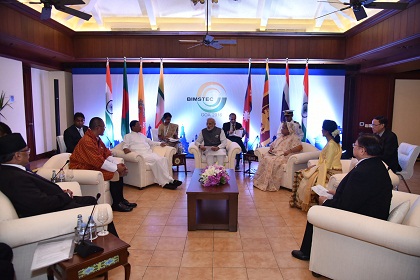 Courtesy: MEA/ Flickr
Courtesy: MEA/ Flickr
This regional grouping, which was envisioned as a potential bridge between SAARC and ASEAN, turns 20 on June 6. It achieved very little until last year, when efforts to revive its original mission began quite by accident. It has the potential to make greater strides if member states adhere to their commitments.
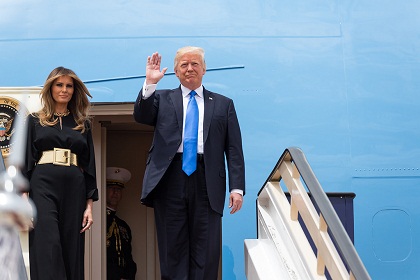 Courtesy: The White House/Flickr
Courtesy: The White House/Flickr
Trump’s first foreign visit to West Asia and Europe brought home what the president means by “America First” even as he stands accused of committing two major foreign policy transgressions